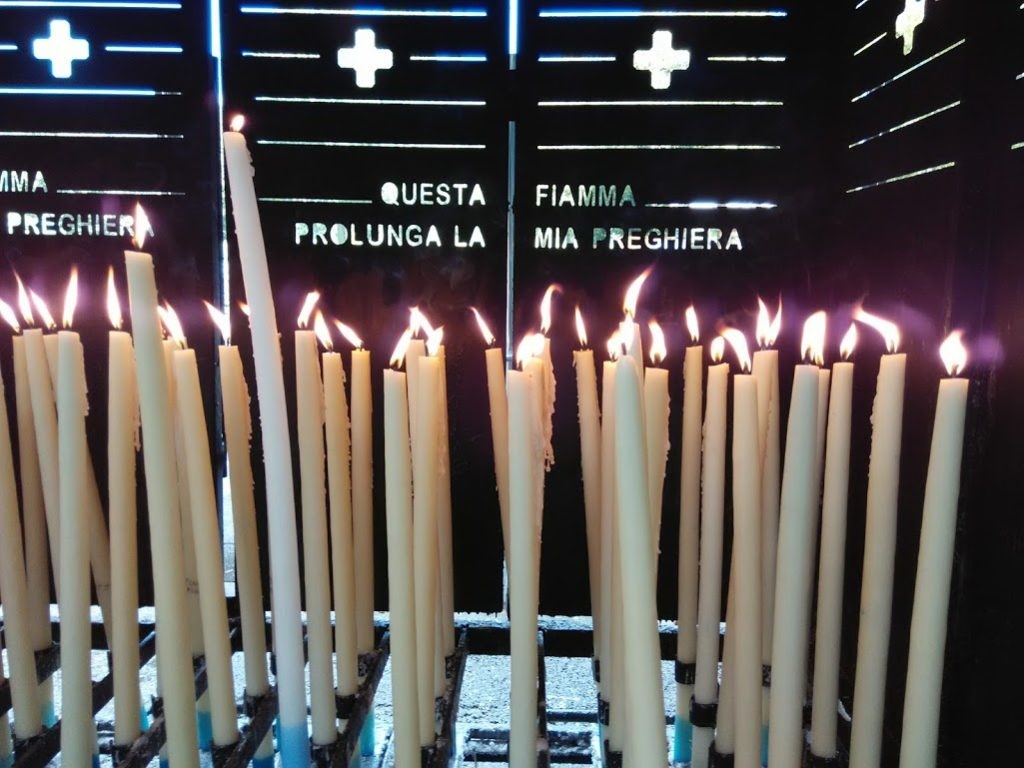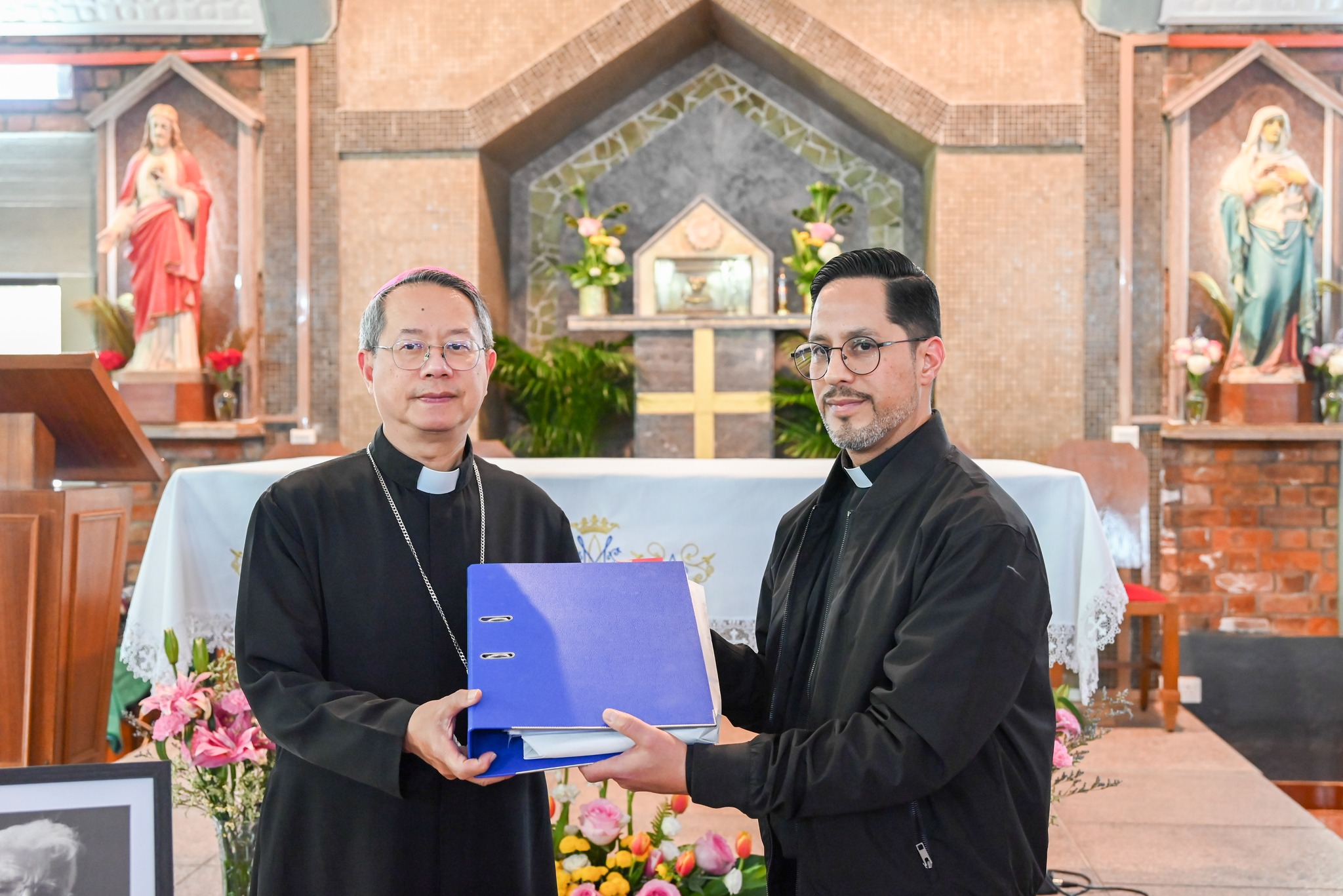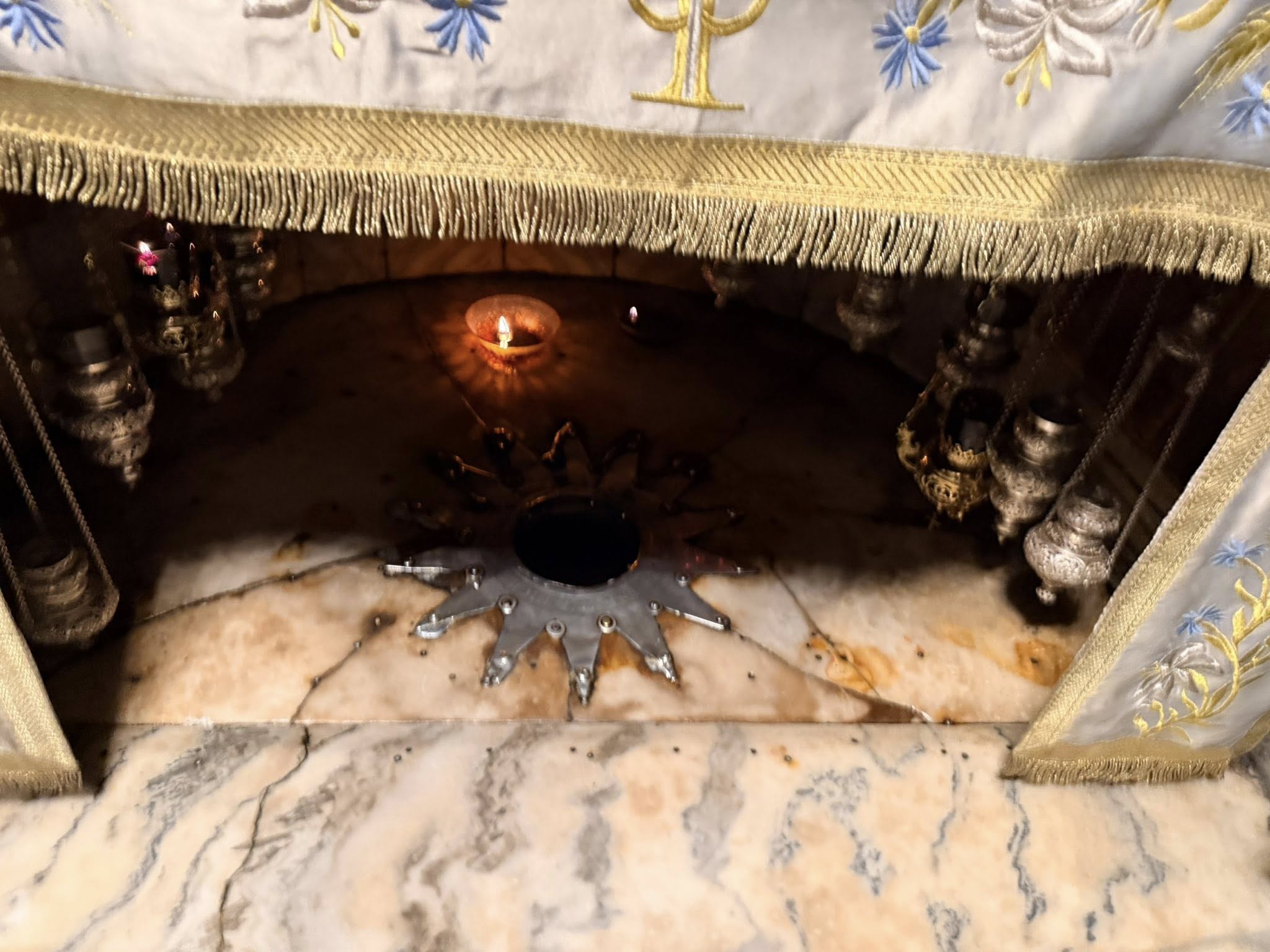Featured Photo: JMO Mandía
– Rev José Mario O Mandía
Apologetics, as we have seen, strives to use reason in order to find the answer to three major questions:
(1) Why should I profess any religion at all? (religious demonstration)
(2) Why should I be a Christian? (Christian demonstration)
(3) Why should I be Catholic? (Catholic demonstration)
The first of these questions can be further subdivided into three:
(1.1) Do I have a soul?
(1.2) Is there a God?
(1.3) Do I need religion?
These three are related to one another: religion explains the relationship between man (body and soul) and God. So without one or the other, there would be no religion. We have talked about the soul in Bite-Size Philosophy (BSP) 28. Moreover, we have spoken about God’s existence and attributes (BSP 78-80) and the phenomenon of religion as well (BSP 76-77).
In BSP 76, we have spoken about the fact that human beings of all places, all cultures and all times profess some kind of religious belief. This phenomenon arises because man has an intellect and a will that are open to the infinite: the intellect is ever in pursuit of higher truth and the will is always in search of higher good. It is only when man reaches the infinite Truth and has obtained the infinite Good that he will be satisfied and be happy. Saint Thomas observes that “to desire happiness is nothing else than to desire that one’s will be satisfied” (S Th I-II q5 a8). But nothing on earth is unlimited, nothing is infinite, nothing on earth can satisfy man’s craving — he has to look beyond the fragile world.
It is only when man reaches the infinite Truth and has obtained the infinite Good that he will be satisfied and be happy. Saint Thomas observes that “to desire happiness is nothing else than to desire that one’s will be satisfied” (S Th I-II q5 a8). But nothing on earth is unlimited, nothing is infinite, nothing on earth can satisfy man’s craving — he has to look beyond the fragile world.
We have seen that the infinite Truth and infinite Good is God (BSP 78-80). “Only in God will [man] find the truth and happiness he never stops searching for” (Catechism of the Catholic Church 27). The question now is how to reach God. That is the question that religion tries to answer.
We can define religion as the set of (1) truths (about God, man and the world) and (2) precepts (how man should behave towards God, other men and the world) which man can discover by the natural light of reason, and the (3) rites or ceremonies by which he worships God.
We can summarize them in these three words: (1) creed; (2) code; and (3) cult (see BSP 76). If we consider these three elements carefully, we will discover that they are directed respectively to (1) man’s intellect, (2) his will, and (3) his actions.
If we are talking about the Catholic religion in particular, it offers us answers to the most basic questions in life: who we are, why we exist, where we came from, where we are going, how we get there.
On one occasion, a young student who professed no religion asked, “What’s the difference between having faith and not having one?”
“Big difference,” I replied. “If one has faith – I am referring in particular to the Catholic faith – one gets to know what happens when he dies. He discovers that there are two possible scenarios: one is unlimited and never-ending happiness; the other is never-ending frustration, sadness and anger – anger at self, anger at others, anger at God.” (This is what we discover in the Creed.)
“Moreover,” I continued, “this faith teaches us that we can freely choose one or the other, and – should we choose happiness – tells us how we are to get there. It gives us the road map.” (This is what we learn from the Commandments.)
“On top of that, it also provides you with the means to successfully obtain it.” (That’s what the Sacraments and Prayer are for.)
So, is there a difference between having religion and not having one? What do you think?


 Follow
Follow


